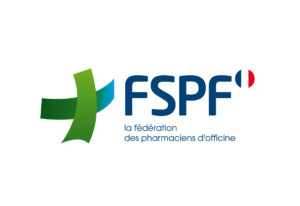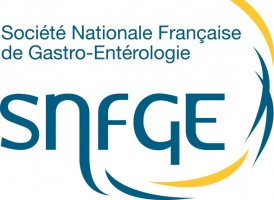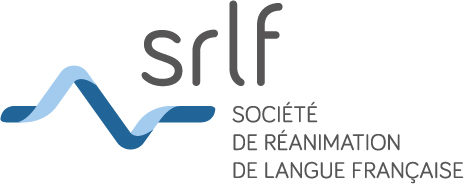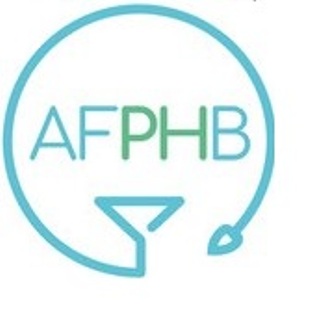Australia Warning _ Oral anticoagulants : Potential risk of anticoagulant-related nephropathy (ARN)
The Therapeutic Goods Administration (TGA) has announced that the product information for all oral anticoagulants has been updated to include the potential risk of anticoagulant-related nephropathy (ARN). This is a rare but serious adverse event resulting from profuse glomerular bleeding. It has the potential to cause irreversible kidney damage and death. Although rare, ARN is likely to be underdiagnosed as a cause of acute kidney injury.
Oral anticoagulants include factor Xa inhibitors – apixaban (Eliquis®) and rivaroxaban (Xarelto®), direct thrombin inhibitors – dabigatran (Pradaxa®), vitamin K antagonists – warfarin (Coumadin®, Marevan®) in this class of medicines. They are indicated for the prevention and treatment of thromboembolic conditions.
The TGA investigated a safety signal of reports of ARN in patients taking oral anticoagulants and sought expert advice from the Advisory Committee on Medicines (ACM) that reported it was well documented in the medical literature with warfarin and other oral anticoagulants. The ACM supported the class-wide warning due to the wide use of the medicines and seriousness of this adverse event. The ACM did not consider a warning for parenteral anticoagulants currently because they are mainly used in hospitals and for a shorter duration.
Health-care professionals are advised that acute kidney injury may occur in patients with altered glomerular integrity or with a history of kidney disease, possibly in relation to episodes of excessive anticoagulation and haematuria or even without pre-existing kidney disease. Close monitoring including renal function evaluation is advised in patients with excessive anticoagulation, compromised renal function and haematuria (including microscopic).
Reference: Safety updates, TGA, 1 June 2023 (link to the source within www.tga.gov.au)
WHO Pharmaceuticals Newsletter No. 4, 2023. Geneva: World Health Organization; 2023.
________________________________________________
Japan Warning _ Renin-angiotensin system inhibitors : Strengthened warning on use in women of child-bearing potential
The Ministry of Health, Labour and Welfare (MHLW) and the Pharmaceuticals and Medical Devices Agency (PMDA) have announced that the product information for renin-angiotensin system (RAS) inhibitors will be updated to strengthen warning on the use in women of child-bearing potential.
RAS inhibitors, including angiotensin-converting enzyme inhibitors (ACE inhibitors), angiotensin II receptor blockers (ARBs), an angiotensin receptor-neprilysin inhibitor, and a direct renin inhibitor, are indicated for the treatment of hypertension and chronic heart failure. RAS inhibitors are contraindicated in pregnant women or women who may be pregnant due to the risk on foetus including oligohydramnios, foetal or neonatal death, or neonatal hypotension, renal failure, hyperkalaemia, and skull hypoplasia.
In 2014, PMDA alerted healthcare professionals of the risk of administering these medicines to pregnant women following several case reports where patients were continuously treated with ACE inhibitors or ARBs even after their pregnancy was detected, and the reported adverse events in foetuses were possibly associated with the maternal use of those medicines. However, even after the alert, similar cases have been reported including in women without recognizing that they were pregnant. The MHLW and the PMDA requested to add the following precautions for the administration of RAS inhibitors to women of child-bearing potential:
• Women of child-bearing potential should be administered RAS inhibitors only if the potential therapeutic benefits are considered to outweigh the potential risks.
• If to be administered, absence of pregnancy should be confirmed prior to and during the administration periodically. If pregnancy is detected, the administration should be discontinued immediately.
• Patients should consult the physician if pregnancy is planned, and immediately if pregnancy is detected or suspected.
Reference: Safety Information, MHLW/PMDA, 30 May 2023 (link to the source within www.pmda.go.jp/english/)
WHO Pharmaceuticals Newsletter No. 4, 2023. Geneva: World Health Organization; 2023.
________________________________________________
Saudi Arabia Warning _ Ibuprofen : Potential risk of renal tubular acidosis
The SFDA has released a safety signal concerning ibuprofen and its potential risk of renal tubular acidosis.
Ibuprofen is a non-steroidal anti-inflammatory medication that indicated for its analgesia and anti-inflammatory effects.
In 2023, the SFDA has detected a signal of ibuprofen and renal tubular acidosis and reviewed all the evidence available on the association between them. The SFDA reviewed VigiBase and found 116 ICSRs internationally at that point of time. The SFDA has extracted cases 11 Safety of Medicinal Products with completeness score of 0.5 (n=10 cases) in order to apply the causality assessment criteria on them. As a result, all the assessable cases of renal tubular acidosis were either probably or possibly linked to ibuprofen. Data mining of this drug/ADR has been estimated using Information component (IC=4.2) which reflect strong positive statistical association.
The SFDA’s investigation concluded that the current available evidence from assessment of the ICSRs, class effect and literature might support a relationship between of ibuprofen and renal tubular acidosis. This signal needs further investigation to confirm the risk, and health-care professionals should be aware of this potential adverse reaction.
Reference: Safety Alert, SFDA, 21 March 2023 (link to the source within www.sfda.gov.sa) (See also WHO Pharmaceuticals Newsletter No.1, 2020: Ibuprofen and Risk of renal toxicity in New Zealand
WHO Pharmaceuticals Newsletter No. 4, 2023 . Geneva: World Health Organization; 2023.
















